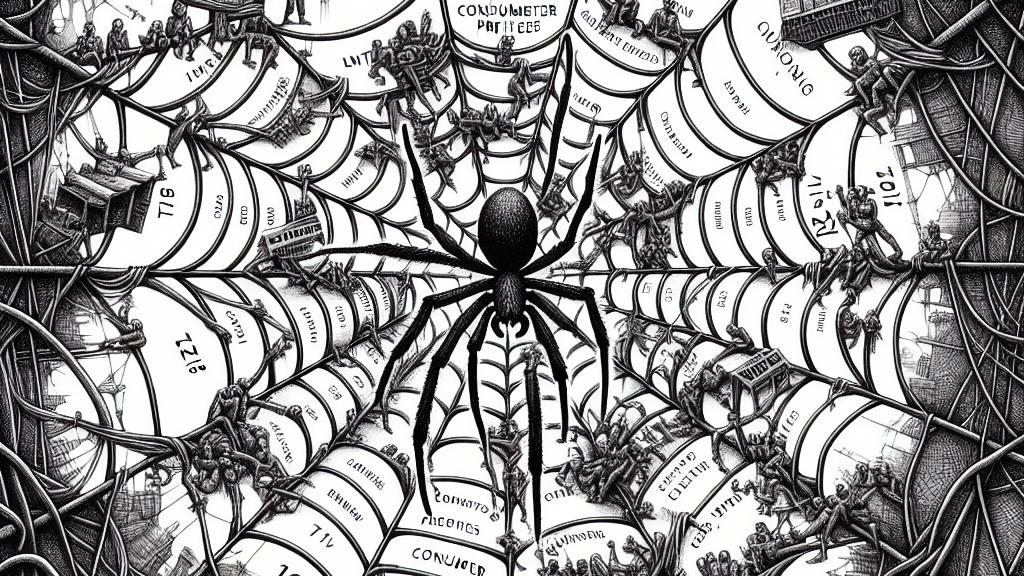Russia's Central Bank Responds to Inflation with Key Rate Increase
Overview
- In a significant turn of events, Russia's central bank escalated the key interest rate to an eye-catching 21%, aiming to combat rampant inflation.
- This bold move, following an earlier increase to 19%, highlights the urgency of stabilizing the economy amidst intensifying pressures.
- The inflation crisis arises from a blend of domestic challenges and unfavorable global circumstances, threatening overall growth.

Confronting Inflation Head-On
On October 25, 2024, the Russian central bank made waves in financial circles by raising its key interest rate to a remarkable 21%. This decisive action comes as consumer prices skyrocketed, pushing inflation to a staggering near-10% in September alone, significantly higher than projected. Just a month earlier, the bank had already raised the rate from 18% to 19%, indicating the severity of the economic challenges facing the nation. Notably, soaring military expenditures, driven by ongoing tensions from the conflict in Ukraine, are at the heart of these inflationary pressures. Coupled with harsh sanctions imposed by Western countries, this situation reflects a complex web of economic strain that has left many citizens feeling the pinch.
Turbulent Economic Waters
The implications of this rate hike are profound. Sitting at its highest level since February 2003, the 21% interest rate captures a moment of crisis in Russian economics. As the International Monetary Fund warns, inflation could range between 8.0% and 8.5% by the end of the year, the economic landscape appears increasingly precarious. With declining global oil prices and stringent sanctions squeezing the economy, experts predict a contraction in GDP, alongside dwindling domestic consumption and investment. An economist, Maria Ivanova, pointed out, "While higher rates aim to tame inflation, they risk suffocating growth for small businesses trying to recover in this volatile environment." This sentiment is echoed by many, emphasizing the need for cautious fiscal policies in the coming months.
Strategic Considerations for the Future
Amidst these upheavals, Elvira Nabiullina, the Governor of the Russian Central Bank, has taken a decidedly hawkish position. During recent communications, she suggested that further rate hikes might be necessary if inflation does not stabilize. This highlights a crucial balancing act ahead: while combating inflation is vital, excessively high interest rates could dampen consumer confidence and limit business investment. As noted by financial analysts, a prolonged period of such rates could lead to a recession, deepening the economic crisis. Observers believe that a strategic approach is essential for navigating these turbulent waters, and if not managed carefully, the consequences could shape the Russian economy for years to come. Ultimately, the decisions made by the central bank in the coming months will be pivotal, influencing both immediate financial stability and the broader economic trajectory of Russia.

Loading...